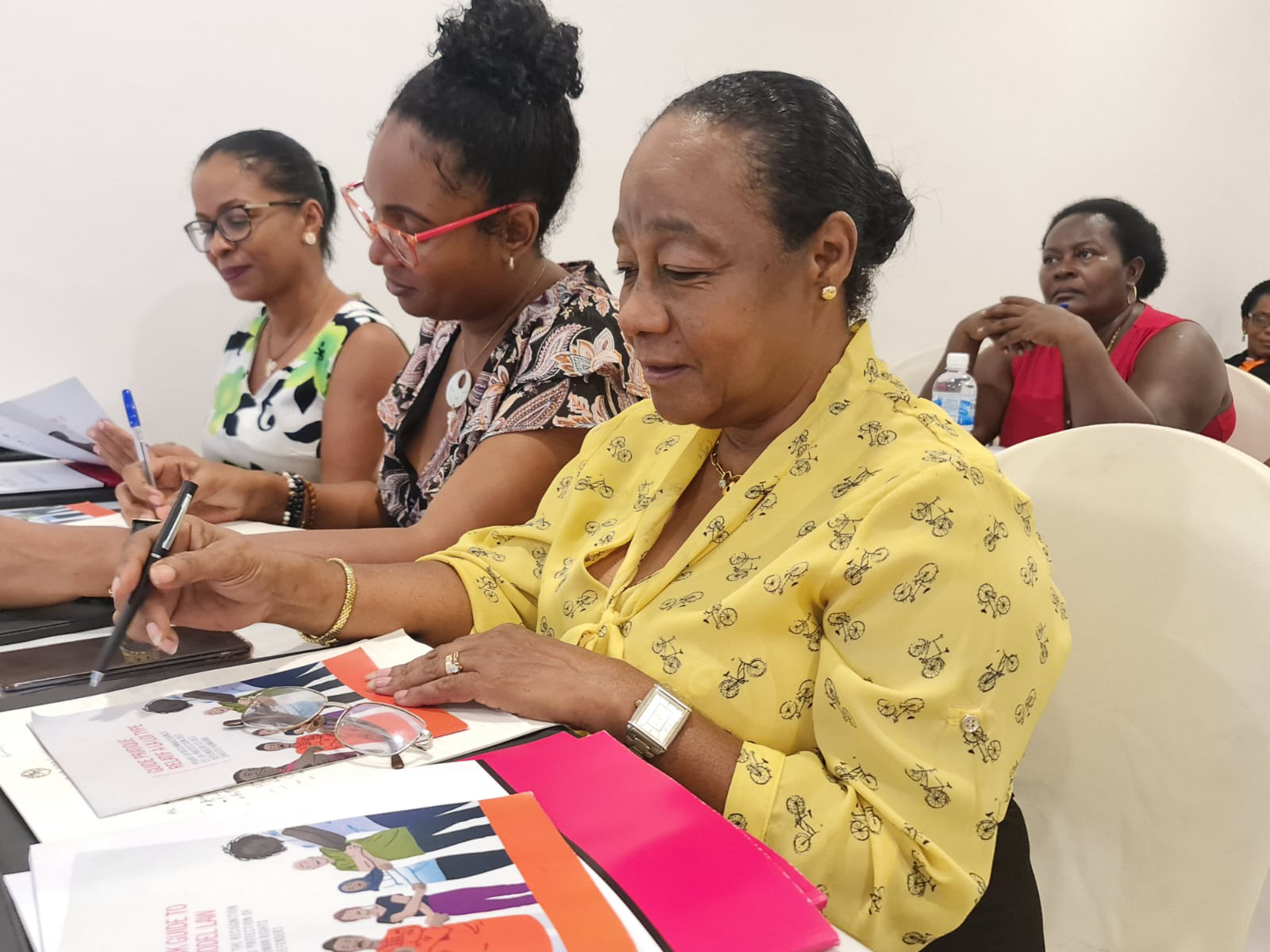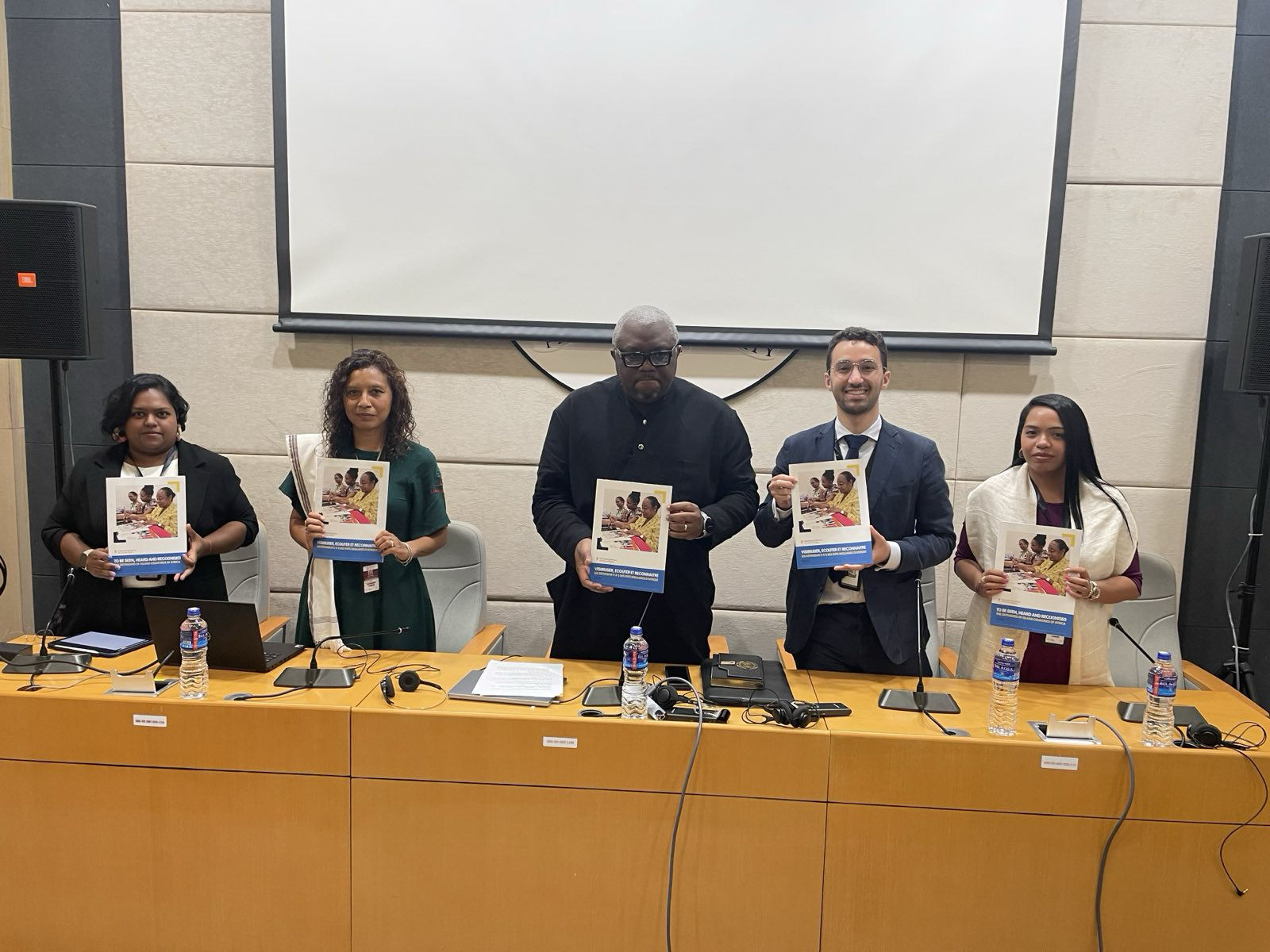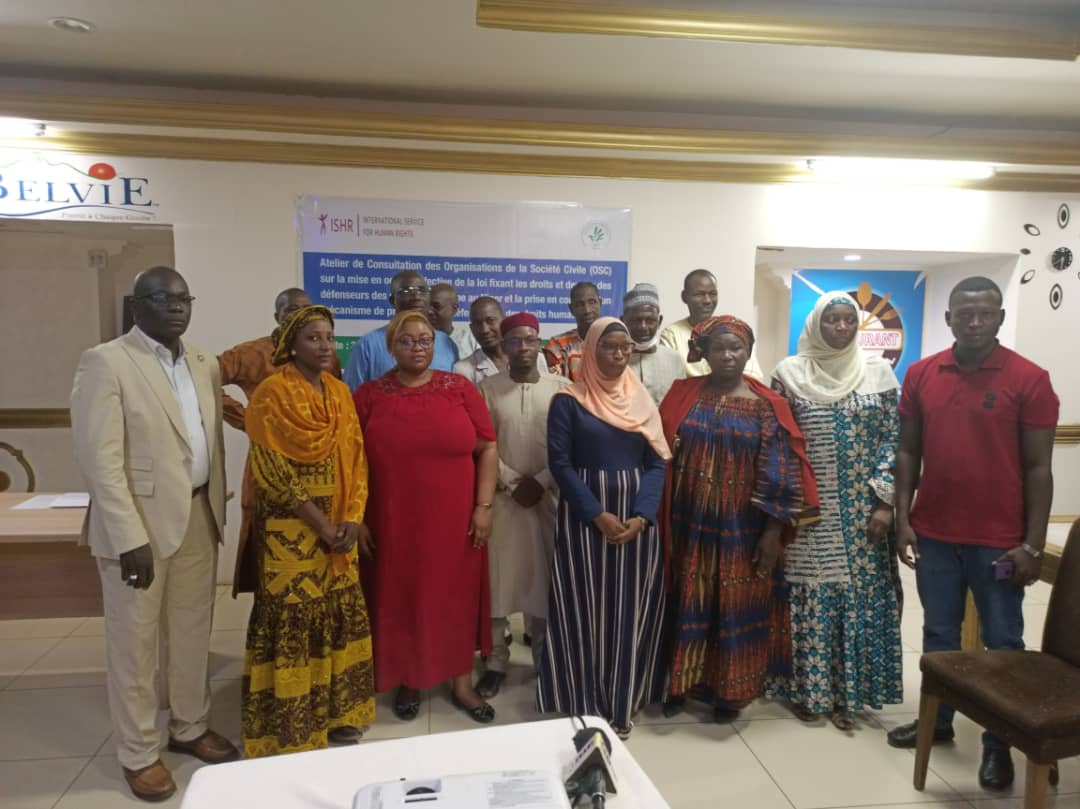What does it mean to be a human rights defender on an island country in Africa?
ISHR is proud to publish the very first report focusing on the situation of defenders in the island States of Africa. This landmark report assesses existing protective measures, identifies good practices and challenges faced by defenders as well as their protection needs and areas for improvement. It highlights country-specific trends and good practices, as well as the common systemic gaps that still need to be addressed. It’s a call to strengthen protections, support local efforts, and ensure that no defender is left behind, regardless of where they live.
The report will be launched during the 83rd ordinary session of the African Commission on Human and Peoples’ Rights. Based on direct testimonies from defenders and national authorities collected between 2023 and 2024, the report reveals that the common aspect of being island countries in Africa does not mean that the violations or restrictions faced by defenders in these countries are similar.
📌 Key findings include:
- the use of vague or broad laws (on cybercrime, public order, or terrorism) to criminalise activism
- online surveillance and harassment of journalists, environmentalists, and pro-democracy advocates
- obstacles to peaceful assembly and NGO registration, undermining the right to associate and organise
- a lack of specific legal protection for defenders in all five countries surveyed.
🔍 What the report calls for:
- adoption of human rights defender protection legislation aligned with the UN Declaration on Human Rights Defenders
- repeal of repressive laws and revision of NGO frameworks to allow meaningful participation
- regional solidarity and international pressure to hold States accountable under the African Charter.
💡 Why it matters:
These islands may be small in size, but they are not isolated in the struggle for rights. Defenders in these countries play a vital role in defending democracy, environmental justice, and human dignity. They deserve to work in an environment that protects their rights.




